Office Cleaning Staff Training: Beyond the Basics
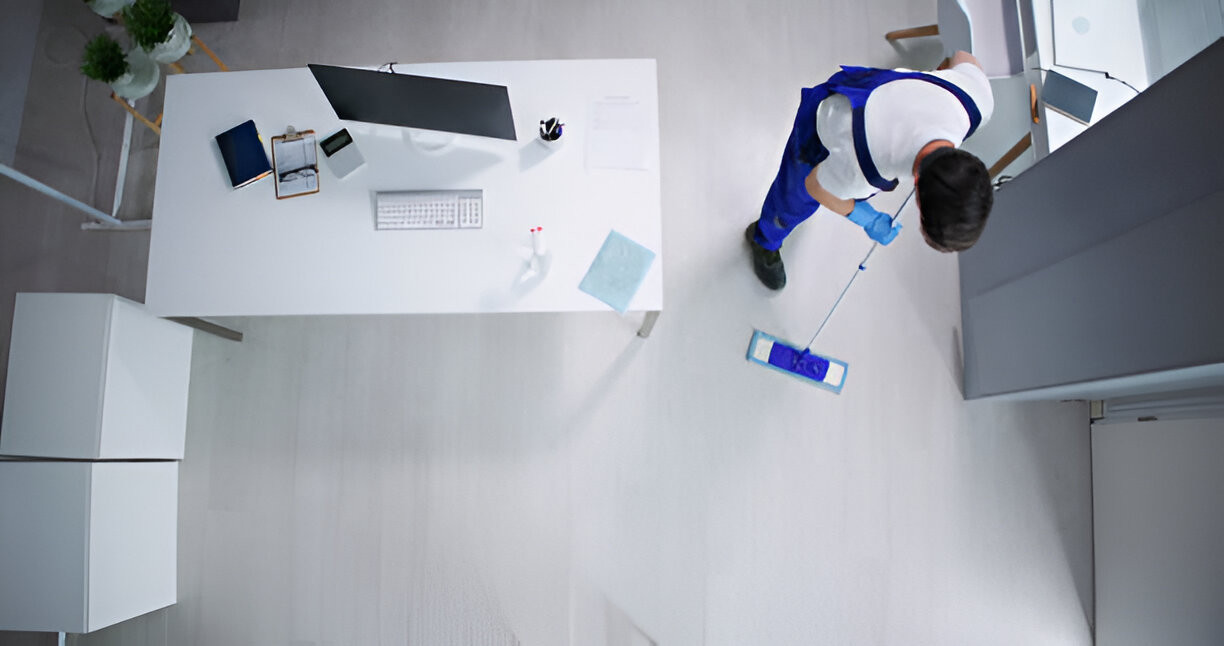
When it comes to maintaining a pristine and healthy office environment, many businesses focus on the visible aspects of cleaning. However, the real secret to a consistently sparkling and hygienic workspace lies not just in the products used, but in the expertise of the cleaning staff. And that expertise goes far "beyond the basics" of simply wielding a mop and bucket.
In today's dynamic office landscape, effective cleaning staff training is a continuous journey that encompasses advanced techniques, health and safety protocols, and even crucial soft skills.
Why Go Beyond the Basics?
While initial training covers fundamental cleaning tasks, the true value emerges when we invest in ongoing development. Here's why it's so critical:
• Elevated Hygiene Standards: The understanding of advanced sanitisation, cross-contamination prevention (think colour-coded cleaning for different areas!), and germ hotspots is vital, especially in a post-pandemic world. A well-trained team can genuinely contribute to a healthier workplace.
• Protection for Staff and Occupants: Cleaning involves the use of various chemicals and equipment. Comprehensive health and safety training, including COSHH (Control of Substances Hazardous to Health) regulations and proper PPE (Personal Protective Equipment) usage, isn't just good practice – it's a legal requirement in the UK. This minimises risks for staff and ensures the safety of everyone in the office.
• Enhanced Efficiency and Productivity: Knowing the most effective techniques for different surfaces, operating specialised machinery (like floor scrubbers or steam cleaners), and honing time management skills can significantly boost productivity. This means a better clean in less time.
• Preservation of Assets: Incorrect cleaning methods or products can damage office furniture, flooring, and equipment. Advanced training covers the nuances of cleaning various materials, protecting your investment.
• Professionalism and Client Satisfaction: Cleaners often interact with office occupants. Training in communication, discretion, and a professional demeanour can greatly enhance the overall perception of your cleaning service and contribute to a positive working environment.
• Adaptability to New Challenges: The cleaning industry is constantly evolving with new technologies, eco-friendly products, and shifting health guidelines. Ongoing training ensures staff are up-to-date and can adapt to new demands.
Key Areas for Advanced Training:
Beyond the fundamental "how-to" of cleaning, consider these crucial training areas:
1. Specialised Cleaning Techniques:
Floor Care: Beyond mopping, this includes understanding different floor types (hardwood, carpet, vinyl), strip and seal methods, buffing, and the use of specialised machinery.
Window Cleaning: Techniques for streak-free results on various window types, including high-level cleaning where applicable.
Upholstery and Carpet Cleaning: Knowledge of different fabrics, stain removal techniques, and proper use of extraction cleaners.
Restroom Deep Cleaning and Sanitisation: Going beyond surface cleaning to eliminate bacteria and odours effectively.
IT Equipment Cleaning: Safe and effective methods for cleaning keyboards, monitors, and other sensitive electronics.
2. Health, Safety, and Compliance (UK Specific):
COSHH Training: In-depth understanding of cleaning chemicals, their risks, safe handling, storage, dilution, and disposal, as per UK regulations.
Manual Handling: Proper lifting techniques to prevent injuries.
Risk Assessment: Empowering staff to identify and mitigate potential hazards in their work environment.
Infection Control: Detailed training on preventing the spread of germs and viruses, including protocols for high-touch surfaces and bodily fluid spills.
Use of Personal Protective Equipment (PPE): Ensuring correct selection, usage, and maintenance of gloves, masks, and other protective gear.
3. Equipment Proficiency:
Thorough training on the safe and efficient operation and maintenance of all cleaning equipment, from vacuum cleaners to floor polishers and pressure washers. This extends the lifespan of equipment and prevents costly breakdowns.
4. Green Cleaning Practices:
Training on environmentally friendly products and methods, including understanding biodegradable solutions, water conservation, and waste minimisation. This is increasingly important for many businesses looking to reduce their environmental impact.
5. Time Management and Efficiency:
Techniques for prioritising tasks, creating efficient cleaning routes, and managing time effectively to complete jobs to a high standard within allocated periods.
6. Customer Service and Communication:
While often overlooked, good communication skills are vital. This includes professional interaction with staff and visitors, discreetly handling queries, and reporting issues promptly.
Delivering Effective Training:
Training shouldn't be a one-off event. Implement a blended approach:
• Structured Onboarding: A comprehensive initial program for new hires.
• Hands-on Demonstrations: Practical, supervised sessions are crucial for skill development.
• Standard Operating Procedures (SOPs): Clear, written guidelines for every task.
• Regular Refresher Training: To reinforce knowledge and introduce new techniques or updates.
• Workshops and Certifications: Encourage professional development through industry-recognised courses (e.g., those from BICSc or ISSA).
• Feedback and Mentorship: Provide ongoing feedback and pair experienced staff with newer colleagues.
• Digital Resources: Online modules or videos can be excellent for continuous learning.
Investing in office cleaning staff training beyond the basics isn't just an expense; it's an investment in a healthier, more productive, and professional workspace. It empowers your cleaning team to deliver truly exceptional results, creating an environment that benefits everyone.
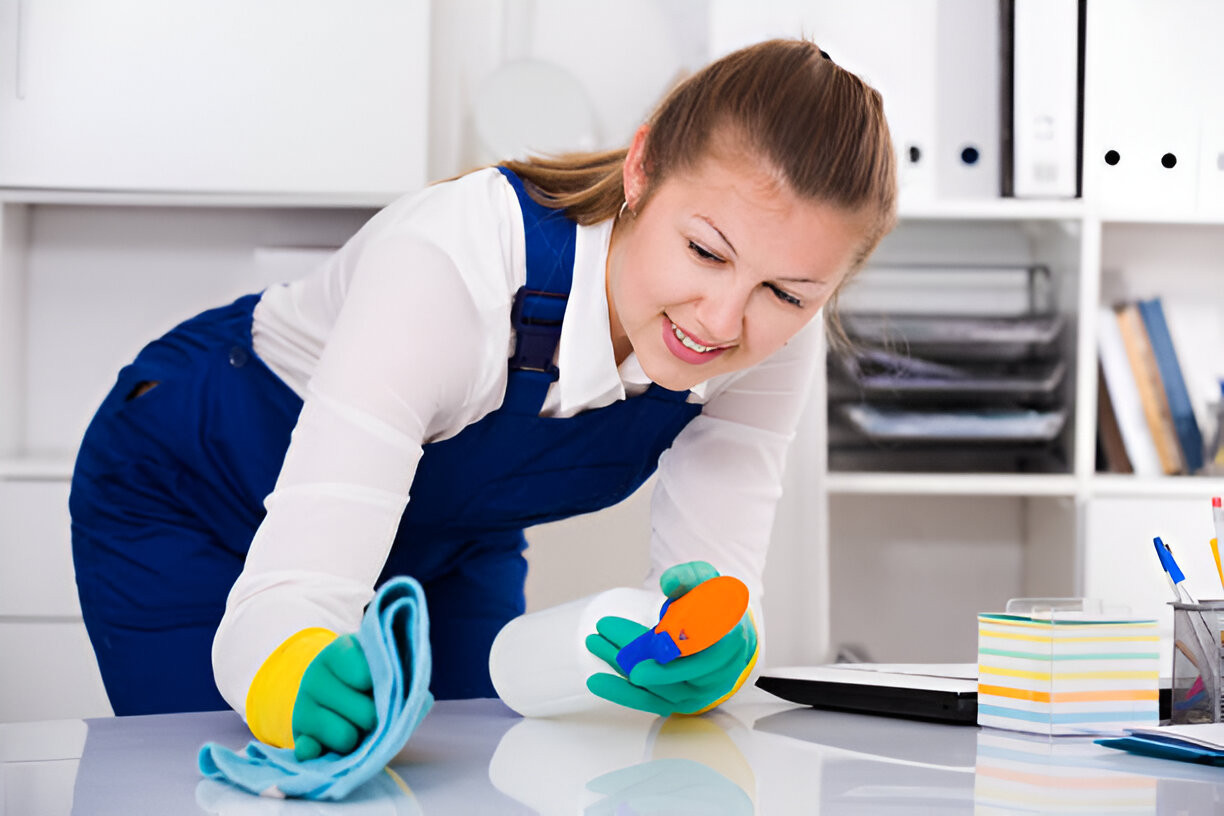
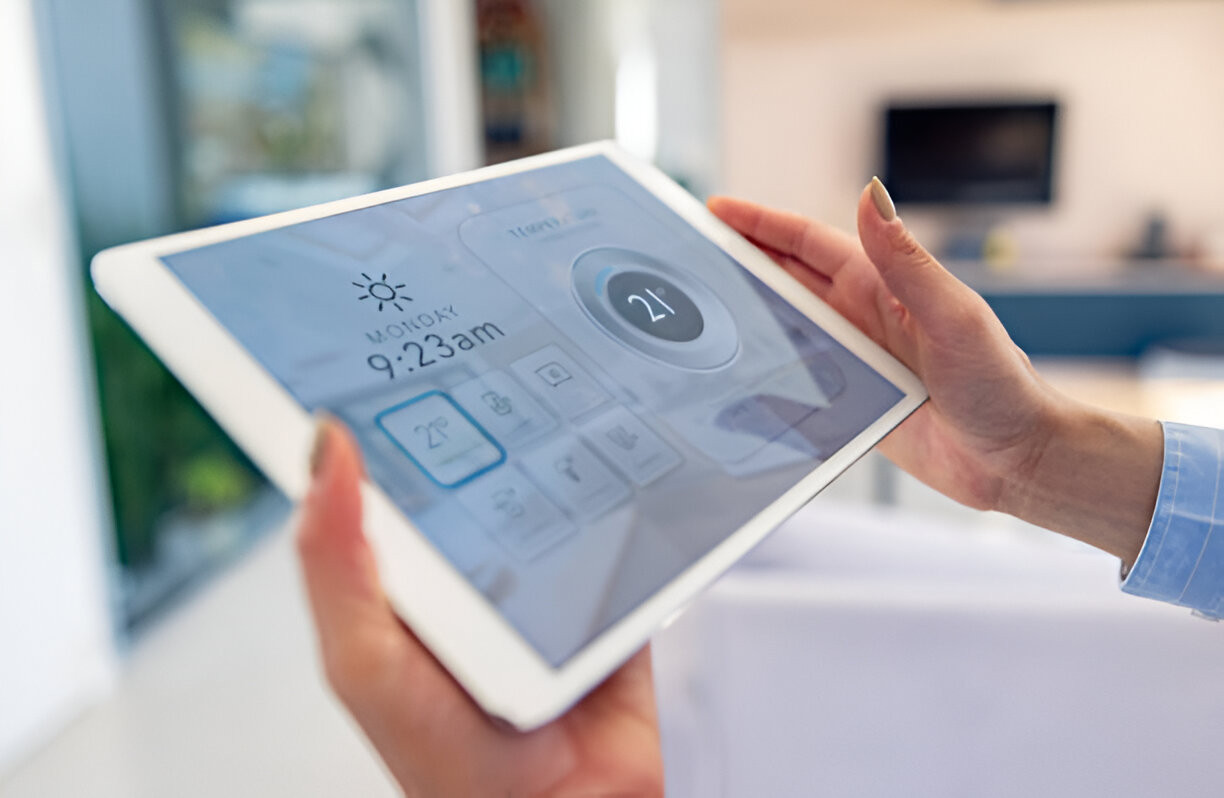
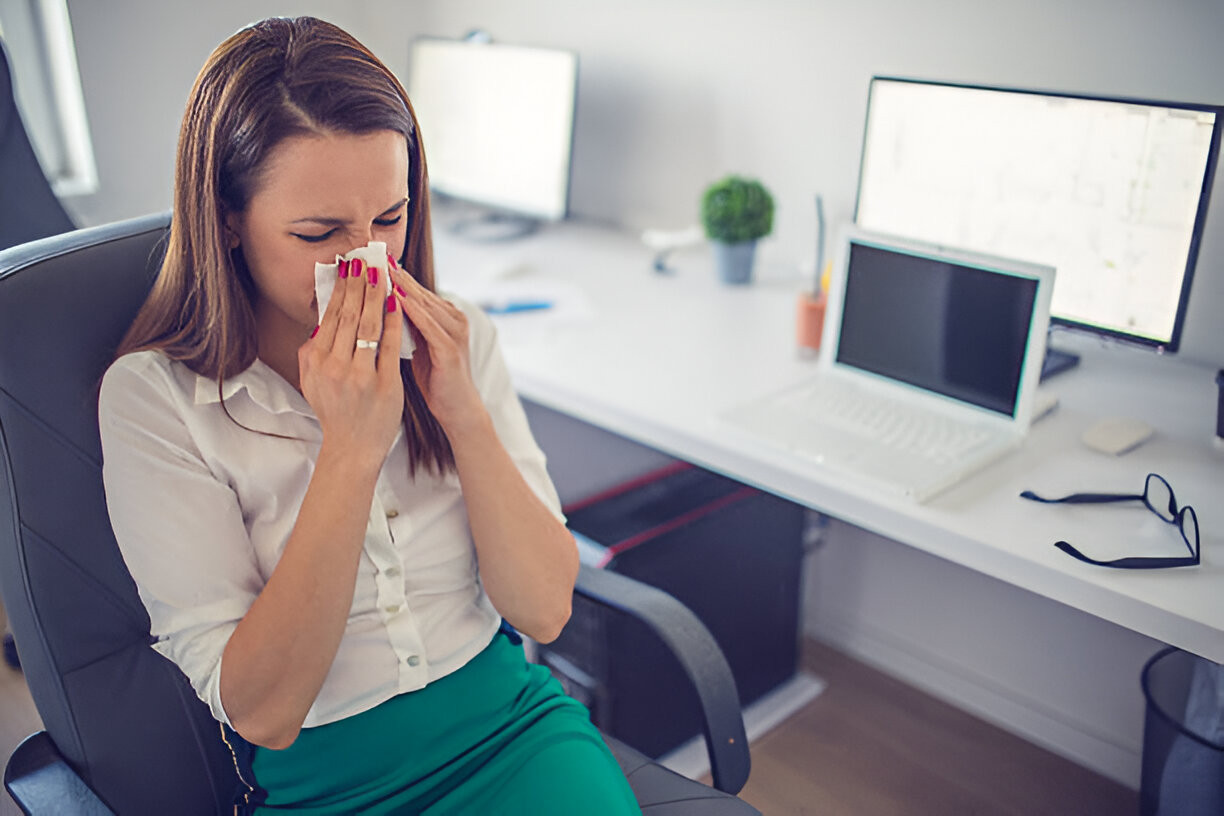
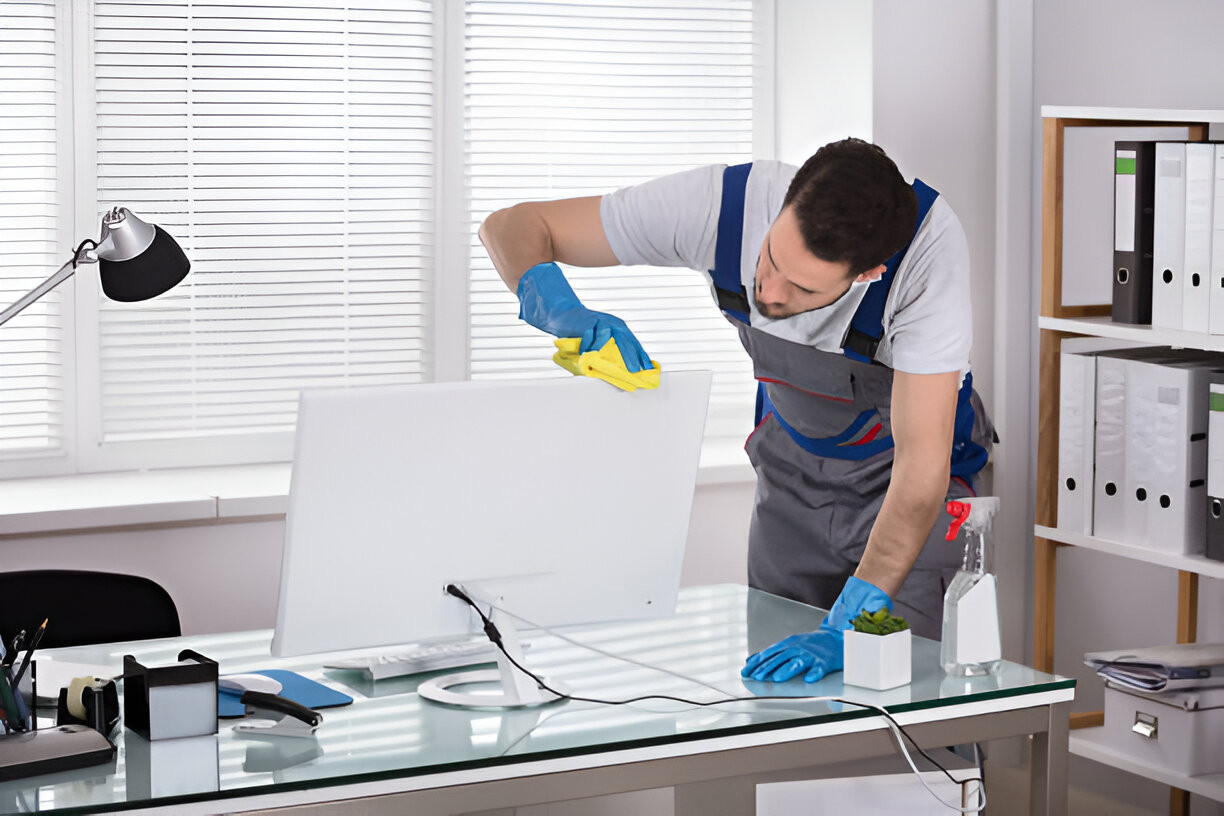
600a74899aac4.png)